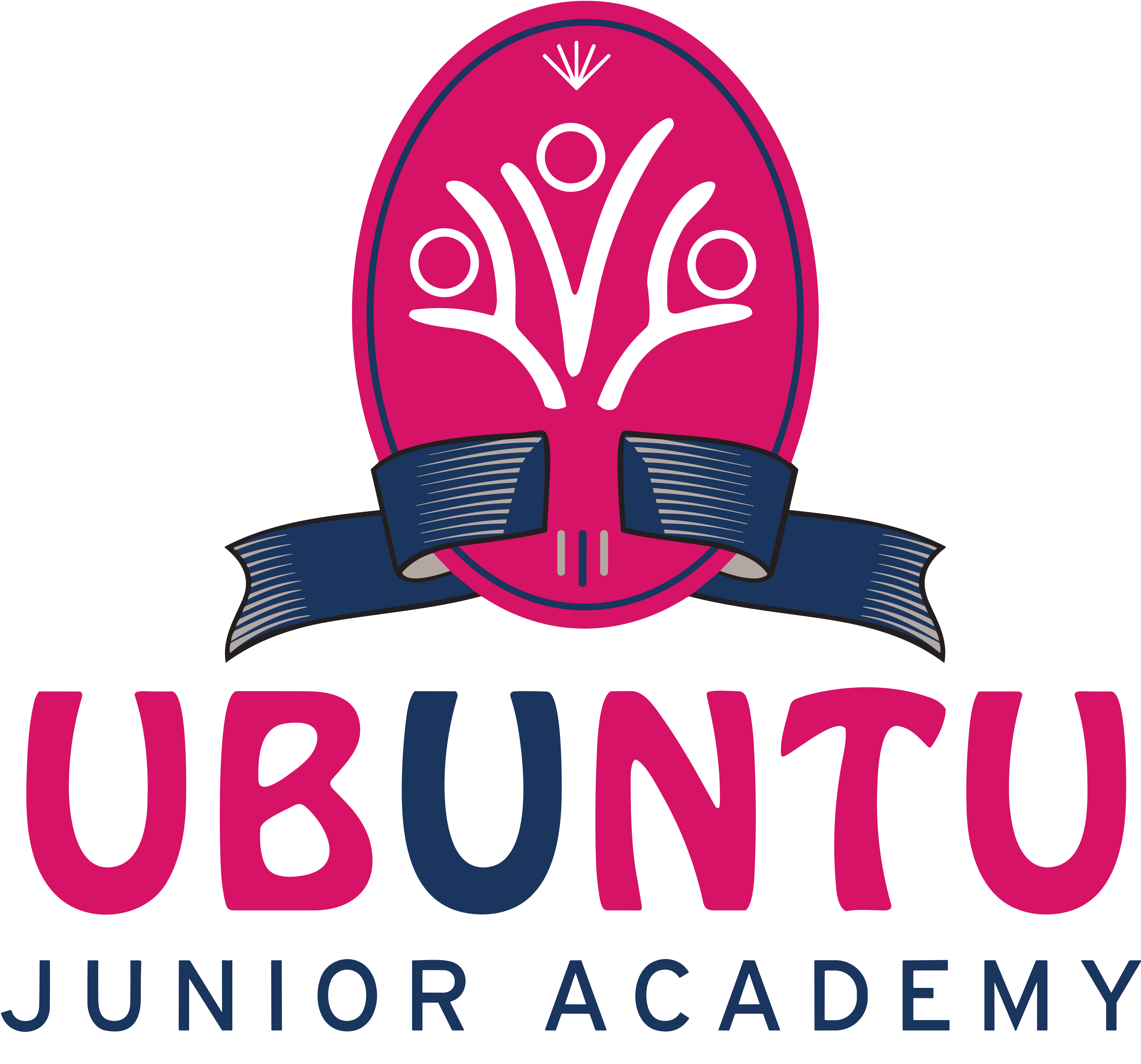Junior Secondary Education at Ubuntu Junior Academy
At Ubuntu Junior Academy, we recognize the critical role that Junior Secondary Education plays in shaping the intellectual and social development of our learners. The Junior Secondary level, which includes Grades 7, 8, and 9, builds on the foundational skills acquired during Upper Primary and prepares students for more specialized education at the Senior Secondary level.
Learners’ Expected Ages:
- Grade 7 – 12 years
- Grade 8 – 13 years
- Grade 9 – 14 years
Curriculum Overview:
The Junior Secondary curriculum is designed to provide students with a blend of core academic subjects, practical skills, and specialized subjects. This stage helps students develop critical thinking, problem-solving, and life skills, and it lays the groundwork for future career choices.
Core Subjects:
- English – 4 lessons per week
- Kiswahili – 4 lessons per week
- Mathematics – 5 lessons per week
- Integrated Science – 4 lessons per week (Includes Biology, Chemistry, and Physics)
- Social Studies – 3 lessons per week (Includes History, Geography, and Civic Education)
- Physical and Health Education – 4 lessons per week
- Religious Education – 3 lessons per week (Christian, Islamic, or Hindu options)
Specialized Subjects:
- Agriculture – 3 lessons per week
- Home Science – 3 lessons per week
- Creative Arts – 3 lessons per week (Including Music, Art, and Drama)
- Business Studies – 3 lessons per week
- Technology and Applied Science – 4 lessons per week
- Foreign Languages (French, German, Mandarin, or Arabic) – 3 lessons per week
Life Skills and Values Education:
We place a significant emphasis on Life Skills Education, aiming to build resilience, leadership, teamwork, and emotional intelligence in our students. Skills related to financial literacy, time management, communication, and critical thinking are embedded throughout the curriculum.
Information and Communication Technology (ICT):
ICT skills continue to be an integral part of the Junior Secondary curriculum. Students are taught to use digital tools for research, communication, and problem-solving. They also engage in coding and app development, preparing them for future careers in technology.
CBC Junior Secondary Learning Tools and Materials:
To ensure students are well-prepared to apply what they’ve learned, practical learning tools are employed throughout the Junior Secondary years:
Agriculture:
- Agricultural tools (e.g., hoes, shovels, measuring instruments)
- Crop production kits (seeds, watering cans, small greenhouses)
- Soil and plant science kits
Technology and Applied Science:
- Computer kits, robotics sets, and coding tools
- 3D printers and basic engineering tools
- Electrical and mechanical experiment kits
Creative Arts:
- Art supplies (paints, brushes, clay, musical instruments)
- Audio-visual tools for creating short films, music videos, and digital arts
Business Studies:
- Simple business simulation tools
- Financial literacy software for budgeting, saving, and investment
National Assessments and Certification:
In Grade 9, students are required to take part in national assessments, as part of the Kenya Junior Secondary School Education Assessment (KJSSEA). These assessments cover key subjects such as Mathematics, English, Kiswahili, Integrated Science, Social Studies, and Technology & Applied Science.
The KJSSEA evaluates students on both theoretical and practical skills, including:
- Problem-solving and critical thinking abilities
- Understanding and application of core concepts
- Practical use of tools and techniques in science and technology
- Communication skills and social responsibility
Results from the assessment determine eligibility for advancement to Senior Secondary education (Grades 10 to 12) or vocational training pathways, ensuring that all students are prepared for their next steps in education or career development.
Pathways After Junior Secondary:
Upon completing Grade 9, students at Ubuntu Junior Academy can choose to follow one of two pathways:
- Senior Secondary Education (Grades 10-12) – Preparing students for university and higher learning opportunities.
- Vocational and Technical Training – For students interested in more hands-on, career-focused education, leading to various certifications and diplomas.
At Ubuntu Junior Academy, we aim to empower learners to choose the path that best aligns with their interests, skills, and future goals. Both pathways are designed to ensure that every student receives a high-quality education that sets them up for success in the world beyond school.
The Junior Secondary Education at Ubuntu Junior Academy is designed to help students discover their passions, develop strong academic and life skills, and prepare for their next stage in education or career. With a comprehensive curriculum, hands-on learning experiences, and a focus on critical thinking and values, we ensure that our students are well-prepared to meet the challenges of the modern world.
For more detailed information about the Kenyan CBC education system, you can refer to the Kenya Institute of Curriculum Development (KICD) website. At Ubuntu Junior Academy, we are dedicated to providing a high-quality and inclusive education for all our learners, ensuring they are well-prepared for their educational journey ahead.

